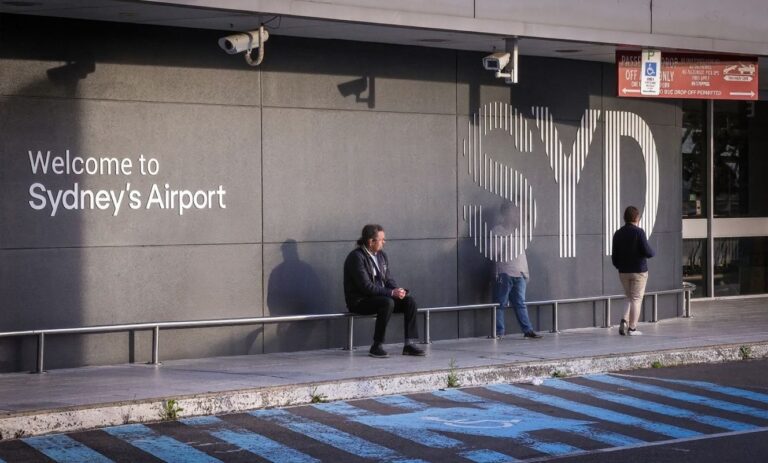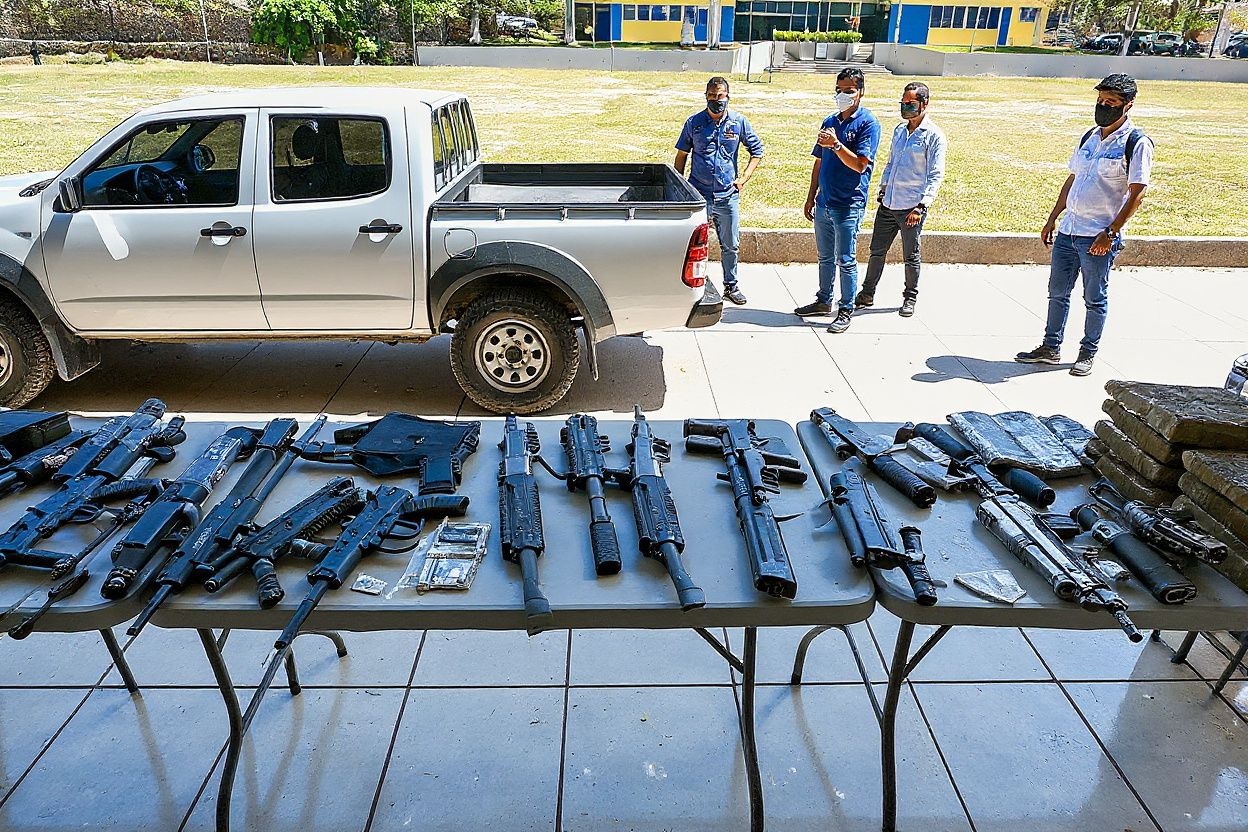
Are you planning to study abroad in Australia? It’s worth keeping in mind that the Australian border control is notoriously strict.
The Australian Border Force, for instance, is famous for prohibiting common items such as fresh fruit and homemade food into the country. Recently, Novak Djokovic brought his unvaccinated self to Australia and was detained for it. International students shouldn’t expect any special treatments either when planning their trip to the Land Down Under.
So, what exactly should incoming international students know regarding what can and can’t be brought into Australia? We’ve compiled a nifty list of some of the common items that students should be aware of.
 The Australian border control has given a strict ban on these items on this list. They will not be allowed to enter the Australian border at all costs.
The Australian border control has given a strict ban on these items on this list. They will not be allowed to enter the Australian border at all costs.
Australian border control: Prohibited items to keep in mind
The Australian Border Force has given a strict ban on the items below. They will not be allowed to enter the Australian border unless you’ve obtained permission. Failing to comply with these rules will result in the loss of your goods, prosecution or large financial penalties.
Here is a list of things that are prohibited in Australia:
-
Weapons
- Automatic knives
- Balisong/butterfly knives
- Blowguns
- Concealed blades
- Daggers
- Electric shock devices
- Extendable batons
- Firearms
- Knuckle-dusters
- Nunchakus
- Pepper spray
- Throwing blades
-
Food
- Salmon or trout
- Ungutted fresh fish
- Food from the plane or ship
- Uncanned pork or avian meat
- Pet food and treats
- Rice
-
Live animals and pets
- Cats and dogs
- Pet birds, horses and rabbits, reproductive material, laboratory animals or aquarium fish
- Unique or exotic animals
-
Live plants and flowers
-
Counterfeit goods
-
Fireworks
-
Illegal pornography
-
Pirated DVDs
If you’re still unsure about what you can and cannot bring into the country, click here.
 Certain food, plants and animal items from overseas could introduce serious pests and diseases into Australia, destroying their invaluable agriculture and tourism industries and unique environment.
Certain food, plants and animal items from overseas could introduce serious pests and diseases into Australia, destroying their invaluable agriculture and tourism industries and unique environment.
Items that must be declared
Not everything is prohibited by the Australian border control — some items need to be declared. Certain food, plants and animal items from abroad could introduce serious pests and diseases into Australia, destroying their invaluable agriculture and tourism industries and unique environment.
You can take declared goods with you to the clearance point where they will be assessed by a Department of Agriculture and Water Resources biosecurity officer and will be inspected accordingly. Alternatively, you can voluntarily dispose of any food, plants or animal items in bins located in the terminal.
Australian border control may use an X-ray or a detector dog to sniff out any prohibited items you may be hiding. If you fail to declare or dispose of any biosecurity risk goods, make a false or misleading declaration, or provide false or misleading information to a biosecurity officer, you will be:
- Given an infringement notice specifying a penalty amount of up to AU$2,664
- Subjected to civil penalties
- Prosecuted for a criminal offence. If convicted, you could face a maximum penalty of AU$420,000 and/or be imprisoned for up to 10 years
These are just some of the things that you’ll need to know about the rules and regulations of the Australian border control. We hope this helps you to enjoy a safe and smooth flight to the Land Down Under.










